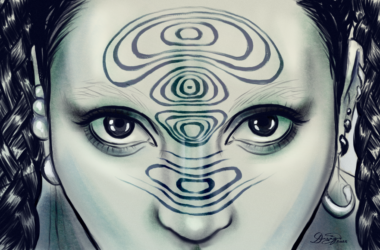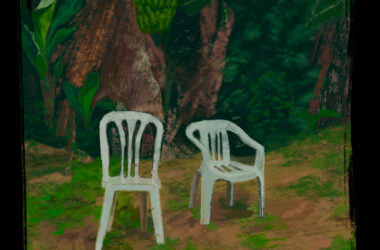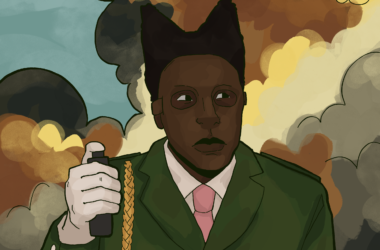On Sept. 10, Grammy award-winning singer-songwriter Kacey Musgraves released her fifth studio album, star-crossed. Focussed on her divorce from Ruston Kelley—whose love story was detailed in her previous Grammy-winning album, Golden Hour (2018)—the album is a stunning project that navigates the non-linear healing process of grief.
While Musgraves’ previous work fused country and pop genres, star-crossed plays with new sounds influenced by disco music. The lyrics foreground ethereal and divine themes, such as in its title-track, painting a bittersweet picture of the album’s heartbreak inspiration.
Other songs detail Musgraves’ desire to escape the present moment, as in the nostalgic rhythms and melodies of “simple times” that transport listeners to the early 2000s, when Musgraves was a teenager. In “if this was a movie..,” the instrumentals and sonic quality of Musgraves’ voice filters reality with rose-coloured glasses, where everything works out. Other songs like “camera roll” and “hookup scene” reveal the regression of healing—most evident is when Musgraves sings, “What a trip, the way you can flip through all the good parts of it, I shouldn’t have done it.” Then, in “hookup scene,” Musgraves details her struggles being single and participating in hookup culture, where she feels that “You get your fill and leave empty, more lonely than before.”
The songs “keep lookin’ up,” “what doesn’t kill me,” and “there is a light” show both Musgraves’ turmoil as well as her efforts at moving on. Musgraves progresses past the pain in “there is a light” when she sings, “There is a light, it’s so bright, but I’ve been hiding it.” In the end, Musgraves seems to realize that she does not need to depend on another person to bring her happiness and fulfillment, because she is enough.









